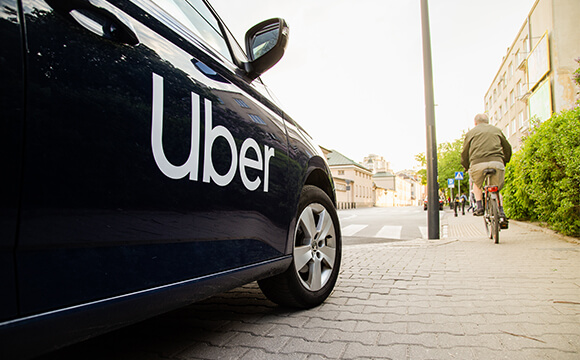Case law | What was the verdict on worker status at Uber?

An Important Case on the Topic of Worker Status decided by the EAT in February 2021.
In this case, the main question raised is whether an Uber driver is a “worker” for the purposes of employment legislation. A “worker” has the right to be paid at least the national minimum wage, receive annual paid leave and benefit from certain other protections.
Uber BV owns the technology behind the well-known and much-used Uber app. Uber London Ltd is a UK subsidiary licensed to operate private hire vehicles in London. The claimants, Mr Aslam and Mr Farrar were licensed to drive private hire vehicles in London and did so using the Uber app. Their claim was brought in the employment tribunal as a test case to establish their employment status.
At the time of the tribunal hearing in 2016, the number of Uber drivers operating in the UK was estimated to be around 40,000, of whom around 30,000 were operating in the London area.
The definition of a “worker” in section 230(3) of the Employment Rights Act 1996 and other relevant legislation includes anyone employed under a contract of employment but also extends to some individuals who are self-employed.
In particular, the definition includes an individual who works under a contract “whereby the individual undertakes to do or perform personally any work or services for another party to the contract whose status is not by virtue of the contract that of a client or customer of any profession or business undertaking carried on by the individual”.
The employment tribunal found that Mr Aslam and Mr Farrar satisfied this test and worked under worker’s contracts for Uber London. The Employment Appeal Tribunal and the Court of Appeal (by a majority) dismissed Uber’s appeals.
Uber argued that Uber BV acted solely as a technology provider with its subsidiary (Uber London in this case) acting as a booking agent for drivers who are approved by Uber London to use the Uber app. Uber argued that drivers are independent contractors who work under contracts made with customers and do not work for Uber. The Supreme Court disagrees. As there was no written contract between the drivers and Uber London, the nature of their legal relationship had to be inferred from the parties’ conduct.
The judgment emphasises five aspects of the findings made by the employment tribunal which justified its conclusion that the claimants were working for and under contracts with Uber. Taking these factors together, the transportation service performed by drivers and offered to passengers through the Uber app is very tightly defined and controlled by Uber. In this case, the drivers were rightly found to be “workers”.
